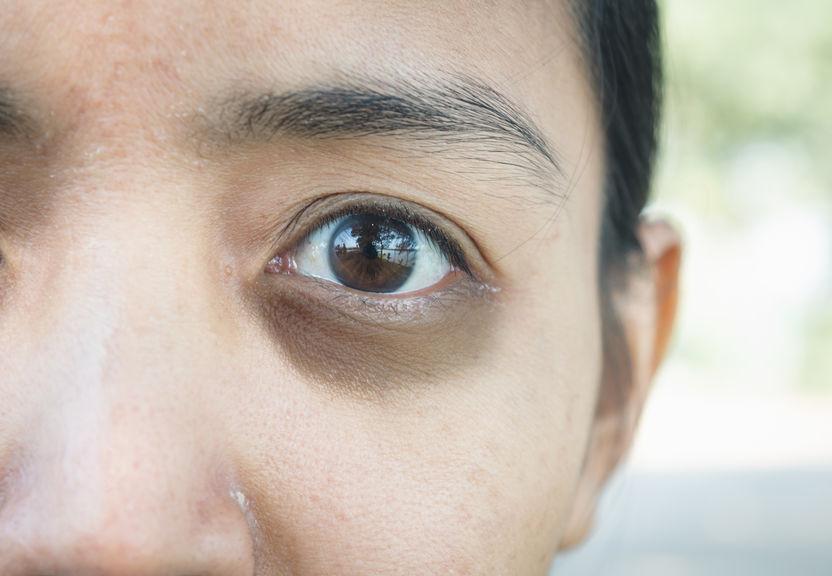Can This Skin Problem Fade?
Most people will deal with some skin imperfections at some point or another. One common complaint is dark spots on the skin. These spots are more common as patients age or in people with darker skin tones. Though the reasons for getting dark spots vary, there are a few tried and true treatments to consider.
Where do dark spots come from?
Some people don’t like the way that dark spots look. However, these marks are not dangerous and don’t pose any health risks. Dark spots are simply areas where the body has produced more melanin than usual. The condition is also known as hyperpigmentation. Hyperpigmentation is most common on the face, backs of the hands, shoulders, and back.
Treatment options
People who are bothered by hyperpigmentation can opt to have dark spots treated. A dermatologist may recommend one treatment option over another based on the size and pigmentation of the dark spot. Some of the most common solutions include laser therapy, chemical peels, and microdermabrasion.
How does laser therapy work?
Laser therapy uses small, precise beams to help break up dark spots. The treatment works by targeting melanin. There are different types of laser therapy available, and the most common uses an intense pulse light laser.
Try peeling it off
Chemical peels are an excellent solution for many skin conditions. People who are unsatisfied with uneven skin tone may benefit from chemical peels. The treatment involves a dermatologist applying certain chemicals to the skin to help the very top layer of skin peel off. The result is fresh, exfoliated skin and new skin growth.
Why go with microdermabrasion?
Microdermabrasion is a treatment where the dermatologist uses a special device to remove the surface layer of skin. The process also stimulates collagen production. Collagen helps the skin to look smoother, more youthful and can reduce the appearance of dark spots.
Take-home options
Some special gels and creams may help with skin lightening. When looking for over-the-counter products, search for ingredients like glycolic acid, retinoid, or vitamin C. A dermatologist may also provide a prescription for skin-lightening creams, as some are safer and work better than others.
Can I prevent dark spots?
One of the best ways to protect against hyperpigmentation is to take adequate measures to prevent sun damage. Some of these include using sunscreen daily, avoiding the sun during the hottest parts of the day, and seeking shade. Hormonal changes, certain medications, inflammation, and diabetes can all also be culprits of hyperpigmentation.
New skin, new you
Although dark spots are extremely common and don’t pose health risks, some people may still feel embarrassed by the spots. There are effective treatment options available. Speak with a dermatologist to learn more about treating hyperpigmentation and step into new, more confident skin today.





